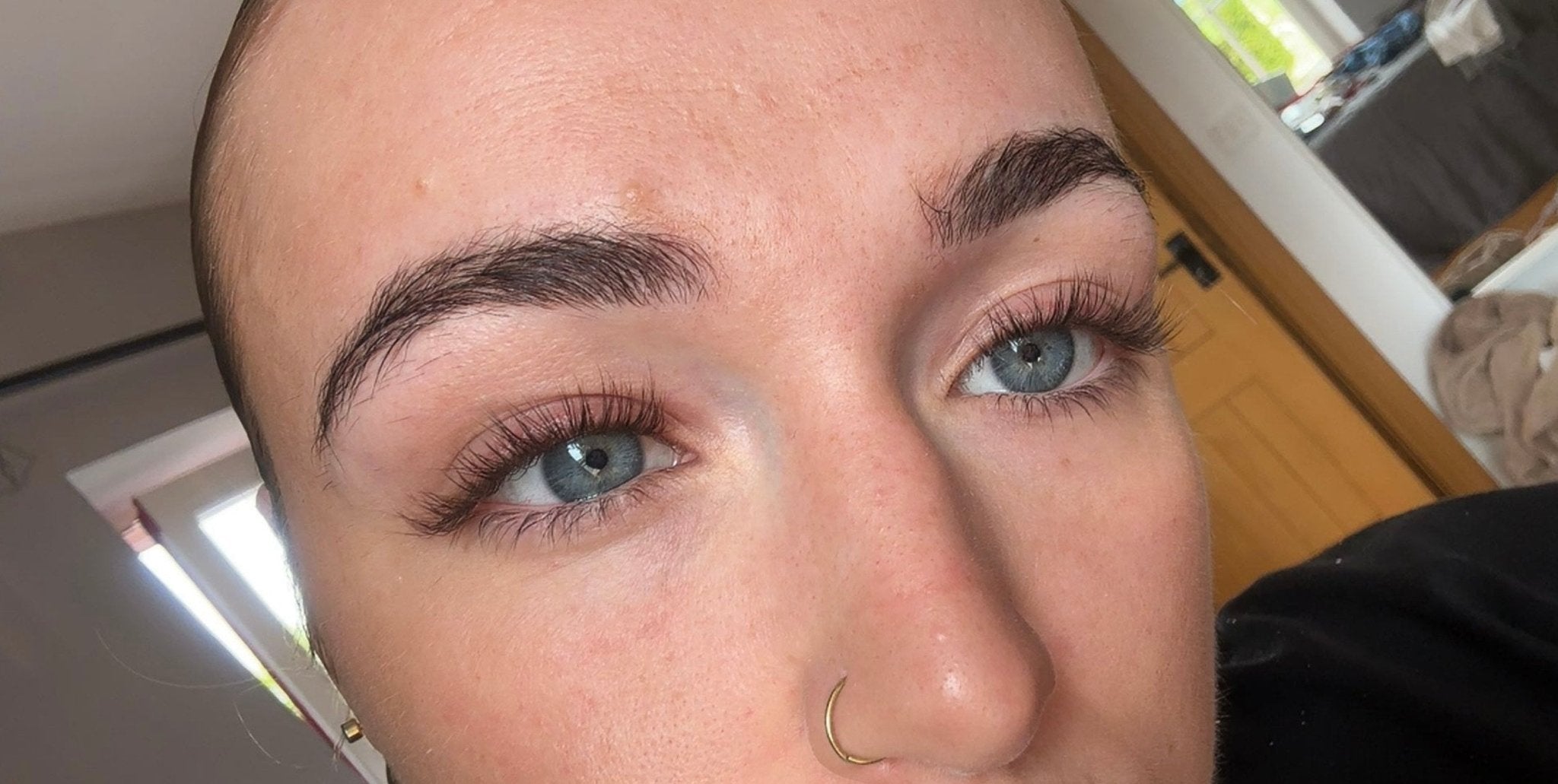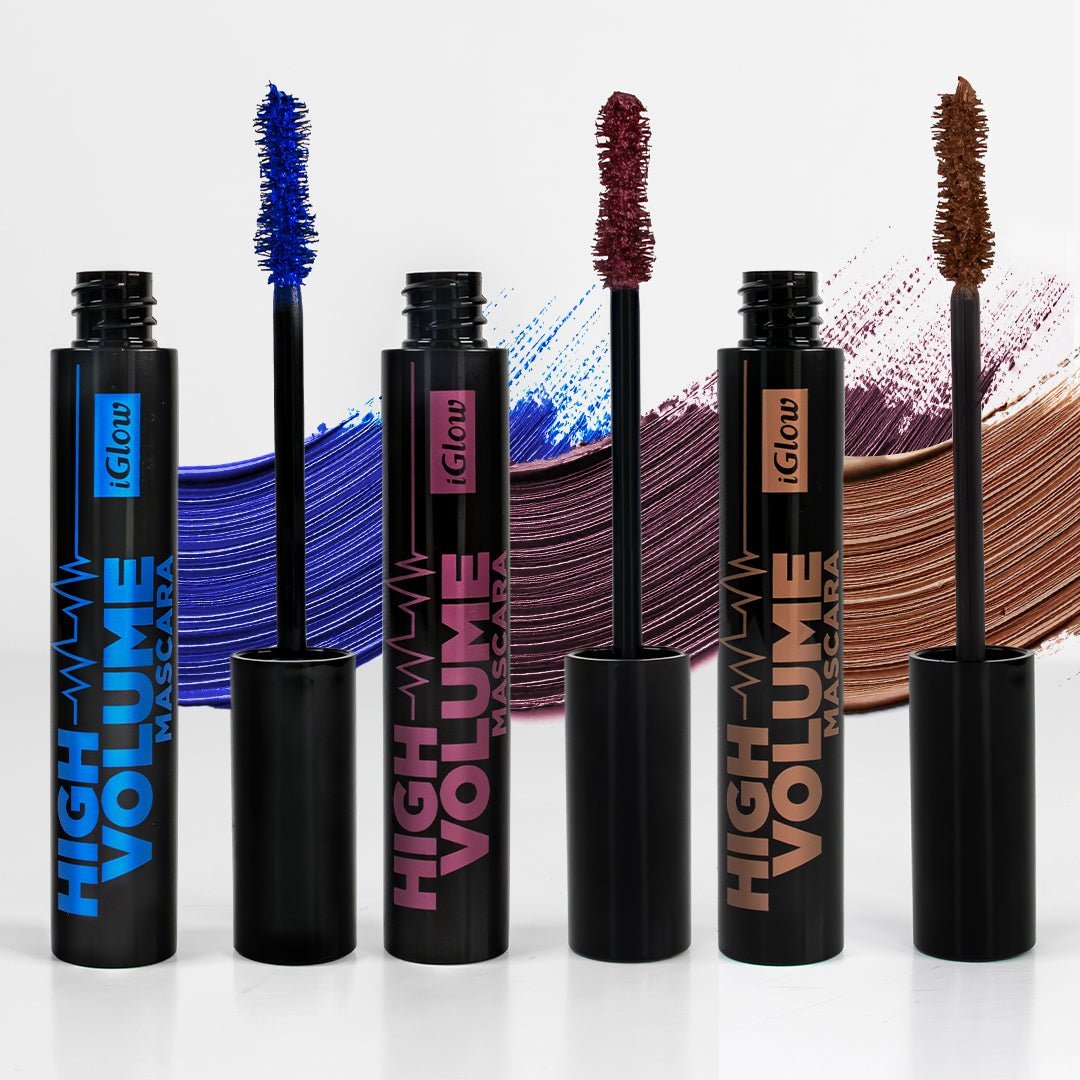
The Lash Growth Cycle
The Lash Growth Cycle
The hairs on our bodies – including our eyelashes – follow a natural growth cycle. For lashes, each cycle lasts just a few months. We’re born with a set number of follicles, and that number stays the same throughout life.
Eyelashes are there to protect your eyes, not just to enhance your beauty. The upper eyelids hold around 90–160 lashes, while the lower lids have about 70–80. On average, we shed 1–5 lashes every single day – which is completely normal.
Each lash is programmed to grow to a certain length before it naturally falls out. Not all follicles are active at the same time, which is why your lashes are usually always at different stages of growth.
iGlow Lash Maximizer supports your active follicles and helps more lashes reach their full potential – so you can enjoy fuller, longer and more beautiful lashes. The serum is easy to use and takes just a few seconds per day.
The three phases of the lash growth cycle
-
Anagen (growth phase): Lashes actively grow for about 30–45 days, reaching their genetically determined length.
-
Catagen (transition phase): Growth stops, and the follicle begins to shrink. This lasts 2–3 weeks.
-
Telogen (resting phase): The lash rests for 4–9 weeks before shedding, while a new lash quietly begins to grow underneath.
Because each lash is in a different phase, you never lose all your lashes at once – ensuring a natural, full look.


-
Anagen (growth phase):
This is when your lashes are actively growing. Each lash grows to its genetically determined length, and this phase lasts about 30–45 days. With the right care, such as iGlow, your lashes can reach their full potential during this stage. -
Catagen (transition phase):
Once a lash has reached its full length, it stops growing and the follicle begins to shrink. This stage lasts around 2–3 weeks. If a lash falls out or is plucked during catagen, the follicle must finish this phase before a new lash can begin to grow. -
Telogen (resting phase):
The longest part of the cycle, lasting about 4–9 weeks. During this time, the lash rests in the follicle before naturally shedding. A new lash will then start to grow as the cycle returns to anagen.




